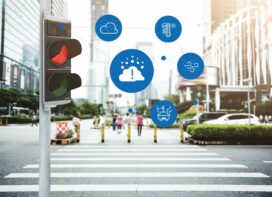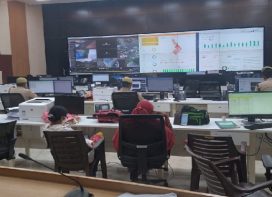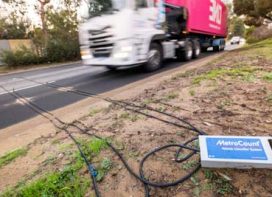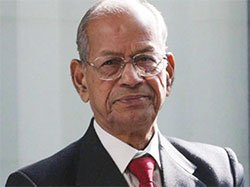 In an exclusive interview, Padma Vibhushan awardee and the Metro man of India Dr E Sreedharan, speaks to Rahul Kamat about Metro policy, and how the government can make Metro projects play a vital role in improving urban mobility, reduce road accidents and pollution levels
In an exclusive interview, Padma Vibhushan awardee and the Metro man of India Dr E Sreedharan, speaks to Rahul Kamat about Metro policy, and how the government can make Metro projects play a vital role in improving urban mobility, reduce road accidents and pollution levels
What are some of the key digital management initiatives and how the same can benefit in terms of reducing the time and cost overrun?
It is now a fashion to mention “digital” for all progress. To me, digital means the use of computers. From this point of view, all our Metros are already digital — the signalling system, ticketing system, train management system, trains themselves, passenger information system etc. The main benefits are savings in manpower, level of safety, reliability, punctuality and passenger convenience.
What are the various strategies to make mero projects more sustainable?
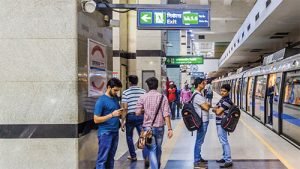 Metros are highly capital intensive. At the same time, ticket charges have to be kept low to make the system affordable to the common man. Therefore, the Metros will not be financially profitable. Metros can be made financially sustainable by the government, sharing part of the capital cost, and extending duty and taxes concession. Metros should also maximise non-fare collections through advertisement, parking fees and commercially exploiting surplus lands and station areas.
Metros are highly capital intensive. At the same time, ticket charges have to be kept low to make the system affordable to the common man. Therefore, the Metros will not be financially profitable. Metros can be made financially sustainable by the government, sharing part of the capital cost, and extending duty and taxes concession. Metros should also maximise non-fare collections through advertisement, parking fees and commercially exploiting surplus lands and station areas.
Last-mile connectivity can attract commuters to the Metro service. This can be done through the provision of sufficient parking areas near Metro stations, or through introducing feeder services from Metro stations to the destination points. A common ticketing system for such feeder buses can be a great attraction.
As Metros are not financially attractive, no private investors will come forward unless an array of sweetness is offered such as viability gap funding, lands for commercial exploitation, tax and duty concessions and ridership guarantee. Passenger safety, reliability of trains and punctuality are most important in Metro operation and there is no scope for cost reduction in these areas. Metros should not be looked upon as a profit venture. It is a social need to improve urban mobility, to reduce road accidents and pollution levels.
 Many metros are putting green initiatives in place…
Many metros are putting green initiatives in place…
Green initiatives cover designing of stations and passenger amenities in such a way that power requirements are reduced. By setting up solar panels and solar farms, developing drawing of power from the grid is reduced. Landscaping of Metro stations and car depots are also green initiatives.
What are your views on developing a new metro ecosystem in India?
I am thoroughly disappointed with the Metro policy of our government. According to me, it is restrictive, and ring-fenced without any attempt to reduce the cost of construction or boost ridership. The result is such a populous country like ours can commission only 25 km of Metro each year compared to 300 km of Metro in China.
 TrafficInfraTech Magazine Linking People Places & Progress
TrafficInfraTech Magazine Linking People Places & Progress
